Unpredictable and Troubled
Conspiracy theorists sometimes imagine Lee Harvey Oswald as a secret agent, masterfully masking his true intentions. The truth is far more mundane: he was a deeply troubled loner, prone to unpredictable and impulsive behavior. He was the antithesis of a reliable operative, defying orders and resisting any hint of control.
Oswald’s difficult childhood likely shaped his erratic behavior. His domineering mother and unstable living situations, marked by frequent moves and foster care, hindered his ability to form healthy attachments. He sought belonging in the Marines, but found himself isolated among his peers. He impulsively defected to the Soviet Union, only to become disillusioned with their society and attempt suicide when initially rejected. Returning home with a wife and daughter, he failed to reciprocate their love, abusing his wife and asserting ownership over her, even as he espoused ideals of social justice.
Oswald longed for recognition but found himself ignored. After attempting and failing to assassinate General Walker, and struggling to gain entry into Cuba, he drifted between menial jobs and squalid dwellings. Yet, he harbored grand delusions, predicting he’d become America’s (non-existent) “Prime Minister,” leading a revolution – a revolution born in the mind of a social misfit.
In essence, Oswald’s behavior was that of a lost soul, fueled by bitterness and delusions of grandeur. Arresting him momentarily satisfied his craving for attention, but he wasn’t the ideologue some conspiracies paint him to be. Tragically, history records him as one of many troubled individuals seeking infamy through senseless violence and warped attempts at significance.

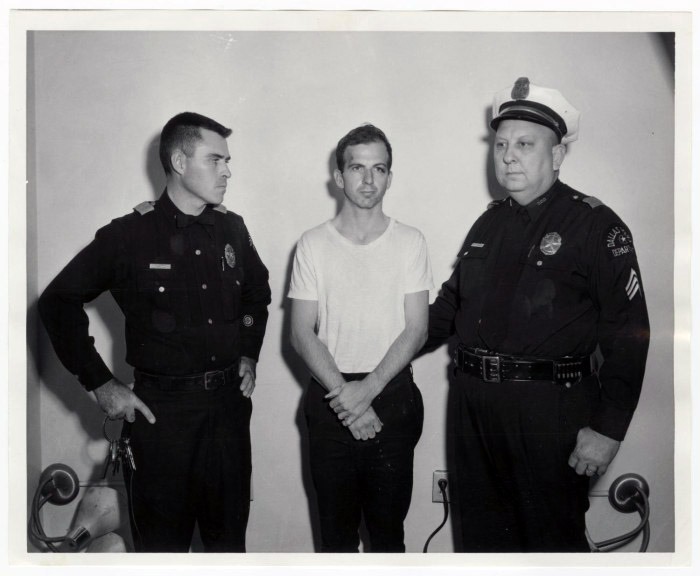



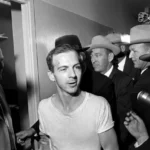
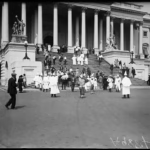


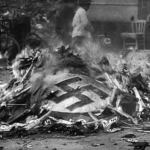
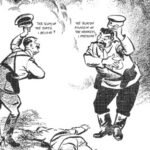


Leave a Reply